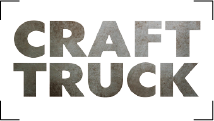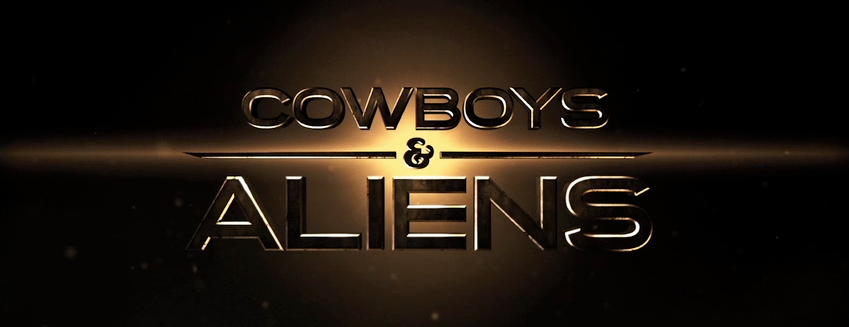While Dan is a wonderful storyteller in his own right, there were some specific pearls of wisdom which came from his interview that we’d like to (admittedly) spin-off, interpret, highlight, and codify. And let’s start out by saying that none of these items is about match-on-action, frame-trimming, or screen geography. These are the big, large scale, ideas.
1) The success of your project might be linked to timing
Dan edited “Very Bad Things” and having seen the performance of that film, suspected the The Hangover wouldn’t do so well. Granted these films aren’t the same and have very different concepts but from a commercial perspective they are linked in terms of their subject matter and style. He of course was wrong, dead wrong about the outcome of The Hangover but he made the point of saying that “when the film gets released” does have a lot to do with how well it fares. So take that into consideration when you’re looking at future projects.
2) Don’t just cut the story, figure out the tone
On Elf Dan was sure to say that there was a “level of cynicism” that he “stripped out”. This was a decisive, strong approach and ultimately led to making the best story. Dan steered towards the innocence and wide-eyed wonder of Farrell’s journey and it paid off. Man did it pay off. As he told, even the goth-crowd test screening went bonkers for the film when the execs figured it would crash with that crowd. Dan saw what he figured was the best angle for the story to fit into and he went for it, which meant cutting lines, scenes, references, and threads away from the entire film, bit by bit. This is the kind of really hard decision that an editor can and should make if he’s allowed and if (big “if”), he’s right in his assertions about the tone of the story.
One of the differences between a rockstar editor and a journeyman is the ability to see the right approach to the film, press for it, and stand by it. Another example of this was in Ironman, where for months there was significant discussion whether or not the humor should be removed from the film and Downy Jr’s golden bits thrown out in favor of hard-hitting action and drama. Dan navigated the team of producers and executives and those discussions and pushed for the humorous tone to be left in and…well…you know what happened.
Screenwriters are students and champions of structure. Editors need to be, too, because the finished film isn’t necessarily what was on the page to begin with on the grand scheme. In the making of Ironman there was $5M spent on one sequence, which initially was set to take place at the midpoint in which Stark defeats the Chechnians who enslaved him at the beginning. Lebenthal saw the footage and pushed really hard to drop the sequence entirely, of course after giving it his best shot. The upshot was that Ironman had an extremely long first act relative to the entire runtime of the movie, but–and a big “but”–it made for the best possible movie. The editor restructured the movie to best suit what was shot and the performances and scenes that he had to work with.
This is the level an editor needs to be working at, as a storyteller, not just a person to string shots together smoothly. On a smaller level Dan did this when he re-organized the opening sequence to start on Stark being blown to smithereens. In the original script and shooting, this was meant to happen 15 minutes into the film. Lebenthal felt that with that opening, there was no sympathy for the main character and he just came off as a dick. So he re-arranged it. Another example of the same, bold, storytelling choices was done here.
4) Over deliver (aka Please the master)
While cutting Cowboys & Aliens, Steven Spielberg was in the cutting room for two weeks. Lebenthal was rightly nervous about working with the master, and his nervousness was validated when he realized Mr. Spielberg was giving incisive, clear notes faster than he was used to from the couch behind him. So what did he do? He turned up the gas and cut faster than he ever had before. Dan made it clear that whether it’s Spielberg or a first timer, you have to learn the vibe of the director and their thought process and anticipate what they are going to want to try.
Does that mean that whatever they want is what should stay? Not necessarily, but whatever they want to *try* needs to be *tried*. The director may very well be right about a change or the majority of changes they’d like to see implemented in editing. But as an editor, your passionate belief that something needs to be different can only be exercised after you have given 100% to the boss’ ideas and thoughts. And in the case of Cowboys & Aliens, a lot of Mr. Spielberg’s comments were notably clever and effected the final cut. An editor has to be aiming to serve the master(s) which means some times following their lead and sometimes, after all else has been exhausted, proposing a new direction.
5) Maintain a good attitude
Lebental was dead serious when he told us that at his stage of the game, about 60% of what he has to deal with and work with is politics. Does this mean he can’t cut amazingly well? No. Sure as shit he can. He’s an amazing editor. But if he was just as talented as he is now and not people friendly, savvy, and artful about negotiating conflicting ideas from higher ups on the film, he wouldn’t be where he is. Your attitude and work ethic is essential. People want you to get the job done, and be fast, and be artful, and be nice to talk to. Having a sense of humor isn’t an option, it’s a must. You don’t have to be a comedian but knowing how to roll with the punches and give others the sense that you, no matter what, will protect, guard, and help this movie all the way home is an essential element to having satisfied customers on this project and more importantly, getting the next one.
WATCH THE FULL INTERVIEW WITH DAN LEBENTAL
UNCUT PODCAST WITH DAN HERE


